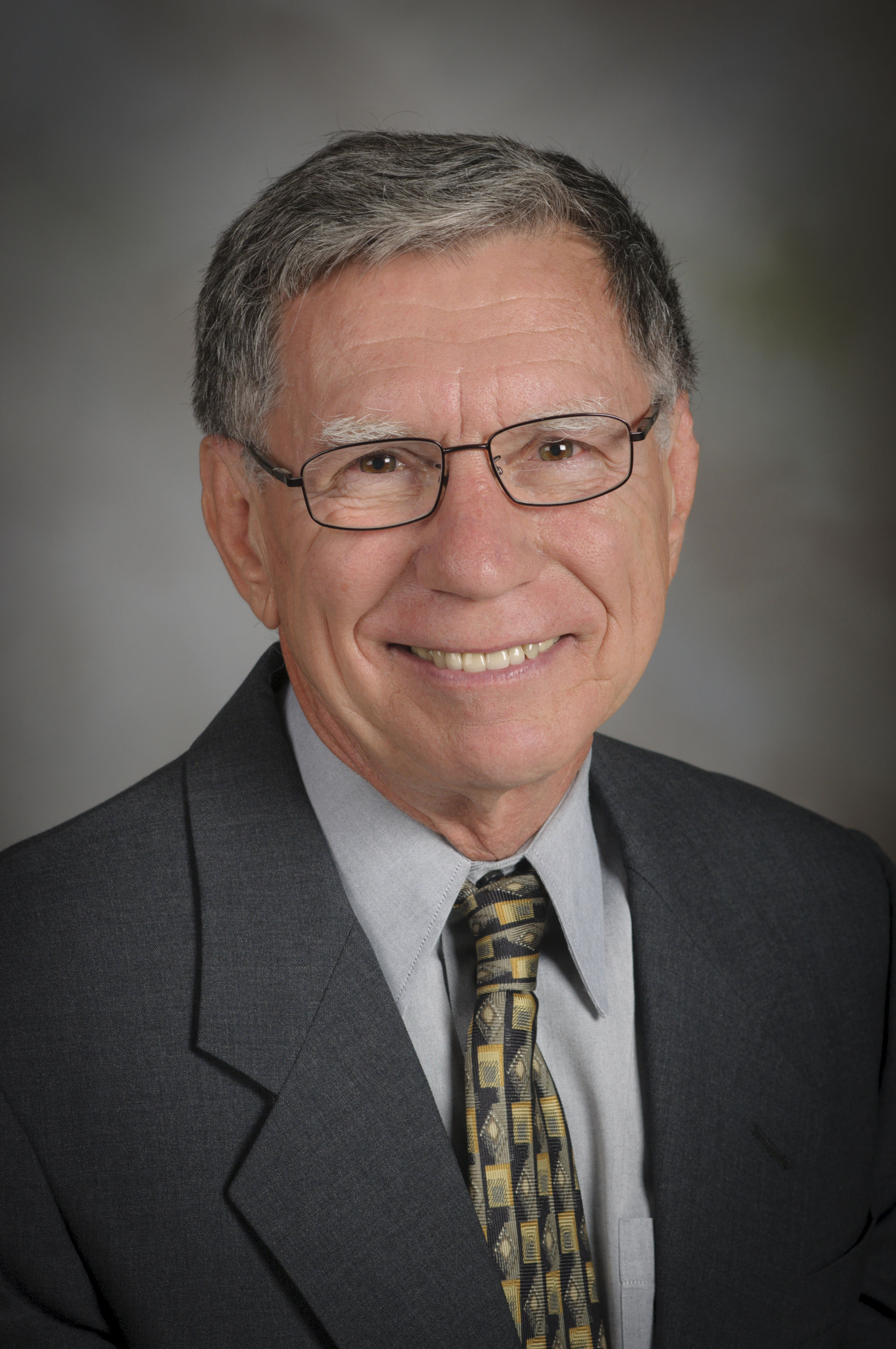Tracy Wilkins named University Distinguished Achievement Award winner for 2013

Tracy D. Wilkins, an emeritus member of Virginia Tech’s faculty, former university leader, and co-founder of the TechLab company, is the 2013 recipient of Virginia Tech’s University Distinguished Achievement Award.
Presented annually, the award recognizes nationally distinguished achievements in any field of enduring significance to society.
Wilkins, a native of Joplin, Mo., has made significant contributions to society as a scientist, educator, entrepreneur, and philanthropist.
He earned a bachelor’s degree with honors from the University of Arkansas and was a National Institutes of Health pre-doctoral Fellow at the University of Texas, Austin.
Wilkins joined Virginia Tech's Department of Anaerobic Microbiology in 1972 and moved rapidly through the academic ranks, ultimately achieving the distinction of J.B. Stroobants Professor of Biotechnology. He also served the university in a variety of important leadership roles including department head, director of biotechnology, and initial director of the Virginia Bioinformatics Institute.
In his campus leadership roles, Wilkins was charged with developing and implementing a strategy for Virginia Tech’s original thrust into biotechnology research. In this capacity, he played a leading role in the design and construction of two of Virginia Tech’s premier life science facilities: the Fralin Biotechnology Center, now the Fralin Life Science Institute, and the Virginia Bioinformatics Institute. Today, these facilities house more than 300 scientists and trainees, who combined have more than $70 million in active biomedical research projects. Wilkins was also a founding member, and continues to serve, on the board of the Virginia Tech Corporate Research Center.
Wilkins has made numerous contributions in the area of infectious disease research, with the efforts of his research team leading to 200 peer-reviewed publications that, combined, have been cited more than 7,500 times. His many scientific accomplishments include developing effective methods for the sampling, diagnosis, and timely treatment of the leading hospital-acquired microbial infection, commonly called C. diff. This work alone is of enduring societal impact in terms of global health and economic impact.
As a research scientist, Wilkins demonstrated an interest in practical application of scientific discoveries. He holds eight patents and has started two successful companies. One of them is TechLab, which he founded with David Lyerly. Techlab markets numerous FDA-cleared diagnostic kits, employs more than 125 people, and is headquartered in the Corporate Research Center.
The other company was TransPharm, which is now the cloning company Revivicor, and is located in the Corporate Research Center as well.
Wilkins has always embraced the Virginia Tech motto of Ut Prosim (That I May Serve), and has served the community and the university as both an innovator and philanthropist.
For example, he conceived of and, through his company, provided resources for Virginia Tech’s biotechnology outreach program. One highlight of this program is the Biotech in a Box initiative, which provides supplies and equipment for hands-on experiments to high school students throughout the commonwealth. This program benefits more than 20,000 high school students each year.
Wilkins also initiated and provided seed funding for the Summer Undergraduate Research Fellowships program for Virginia Tech life-science students. This endowed support for the program will provide financial support for undergraduate research year after year.
Dedicated to its motto, Ut Prosim (That I May Serve), Virginia Tech takes a hands-on, engaging approach to education, preparing scholars to be leaders in their fields and communities. As the commonwealth’s most comprehensive university and its leading research institution, Virginia Tech offers 240 undergraduate and graduate degree programs to more than 31,000 students and manages a research portfolio of $513 million. The university fulfills its land-grant mission of transforming knowledge to practice through technological leadership and by fueling economic growth and job creation locally, regionally, and across Virginia.




